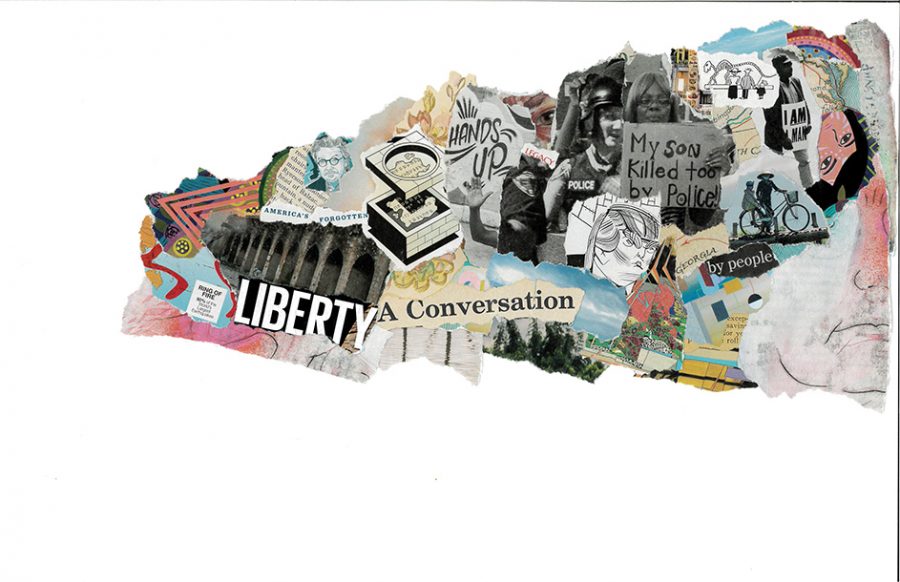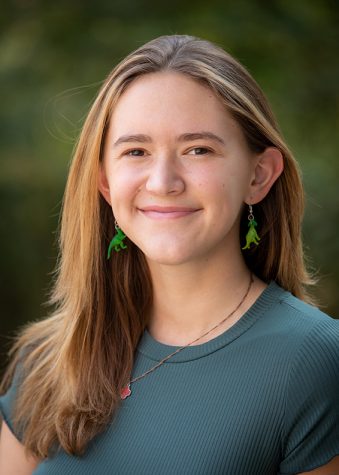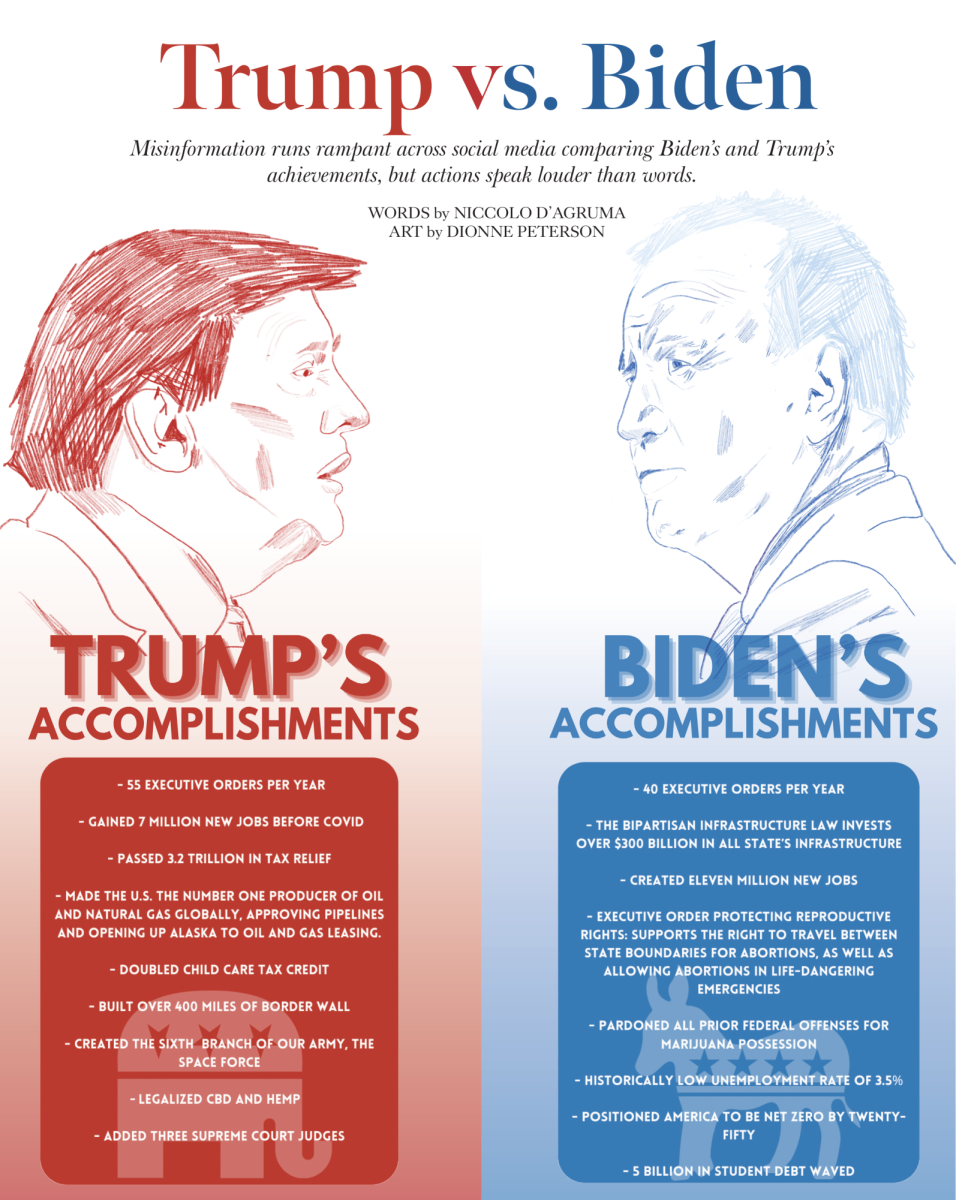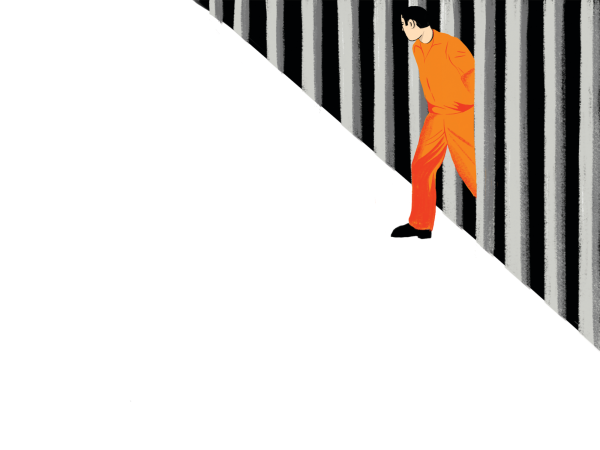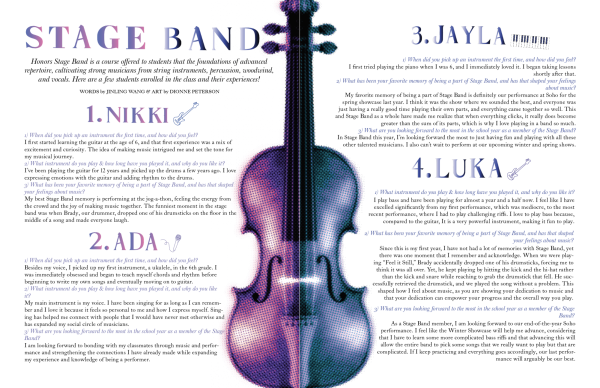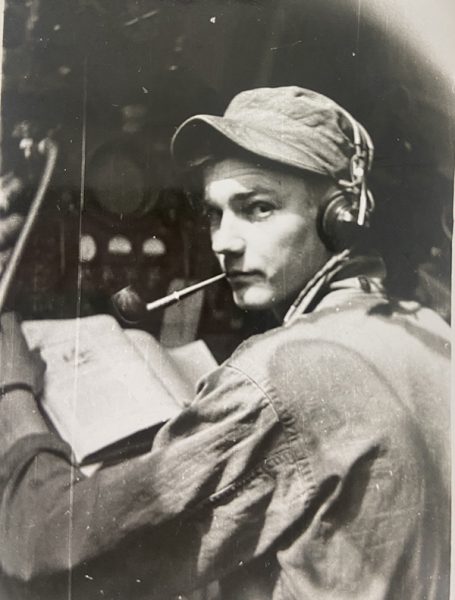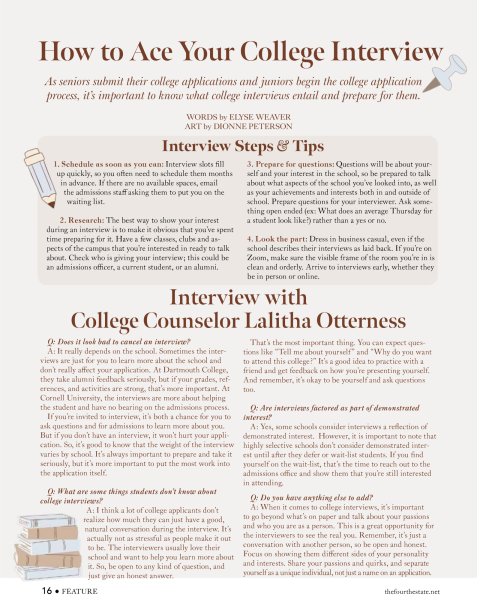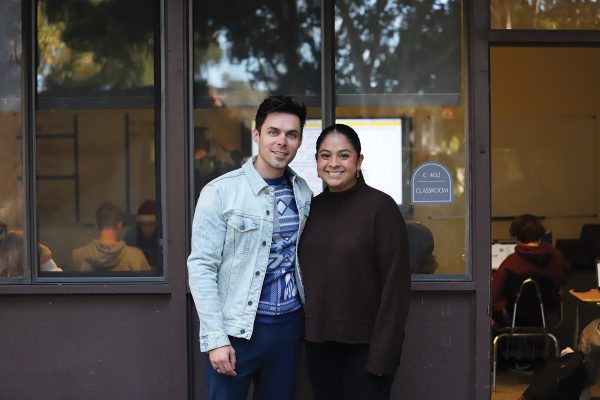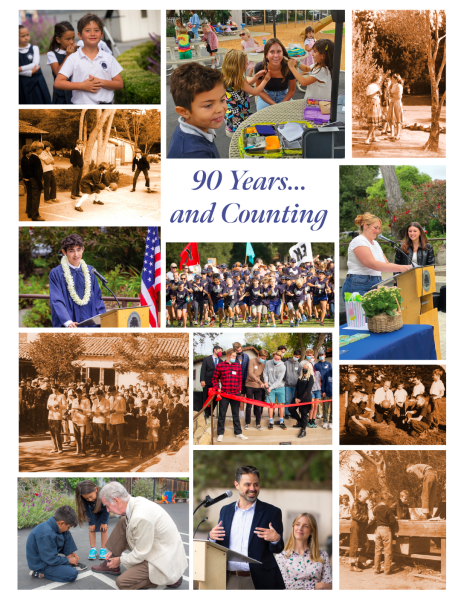The Importance of Engagement
In a time of political unrest, the voice of younger generations can’t be silenced; many debate whether this increased political involvement is stimulated by political climate. Yet, the question remains: why and how are youth becoming civically engaged? And why now?
December 3, 2019
Organizing student walk-outs, participating in local marches, getting involved in national politics, speaking out about beliefs— political and civic engagement goes by so many names.
Growing up in the United States, it has been fascinating and disheartening to watch the constant battle between conservatives and liberals. A seemingly never-ending tug-of-war on policies and decision making, bipartisanship seems, with each inter-party political dispute, to get more out of reach.
With the 2016 election, our country’s fate was seemingly decided; the chasm between Republican and Democratic citizens was in the spotlight, highlighted by Twitter debates and poisonous dialogue that seek to demonize rather than establish compromises.
With each disagreement comes a breakdown of civility, opinions more polarized than they have been for decades — perhaps even since the Civil War.
Parties fail to share courteous discourse — coming to the point where one side continues to deny basic, commonly known truths. The idea of being fair and balanced is becoming impossible.
With strained conversations and a political climate that seems stuck in a repetitive cycle, it’s increasingly clear that the solution lay not in the actions of lawmakers, but rather in the members of the younger generation.
Prior to the 2016 election, students below the voting limit were typically unaware and uninformed of governmental happenings.
According to a study done by the Stanford Social Innovation Review (SSIR), schools in the past had “failed to prepare our youngest citizens to become stewards of democracy, possessing the knowledge and skills required for active and engaged citizenship.”
They went on to cite tragic statistics, including that “Only one-third of Americans can name all branches of government, and one-third cannot name any at all.”
This shocking lack of participation in matters of political engagement was only deepened by the avoidance of discussing opinions in the classroom setting.
It became evident that without the involvement of the younger generation, a disagreeing group of representatives and leaders would fail to make the changes some argued we so desperately needed.
SSIR recognized this, stating that “today’s nationwide toxic environment” called for more involvement from youth, putting pressure on teachers to “[construct] classes that are relevant to students’ lives.”
Teachers throughout the country are slowly implementing political conversations into daily classroom discussions, allowing for marginalized groups to take the forefront of their lessons, even at schools like Laguna Blanca.
An article by Alina Tugend from the New York Times focused on this issue in an article in 2018, saying that “More needs to be done, especially in light of the divided state of the country… and individuals and institutions are taking on the challenge.”
Tugend argued that the issue wasn’t just about educating kids to prepare them for college — it mattered more to make sure they were prepared to enter the real world, to tackle the political climate that would surely greet them after graduation.
Tugend quoted Ron Berger, an academic officer for EL Education, when he so eloquently commented: “This is not just about a high school civics class—It’s not to prepare students for tests, but to prepare them to be active, contributing citizens.”
Rather than solely using history classes to debate the past, teachers have begun connecting their traditional lessons to often controversial political culture.
Comparative Religion teacher (and future co-teacher for the Civic Engagement class), Al Silva, demonstrates the way today’s politics are being infiltrated into classroom discussions as a way to understand the younger generation’s proclivity for civic engagement.
He believes civic discussion should play a role in the classroom, asking: “How can we have civil conversations around extremely divisive issues?”
In his class, he focuses on discussion, “In comparative religion, the whole class is built around talking about stuff that is extremely meaningful, that peoples lives center around. How do you talk about that in a way that is respectful toward the people who have the beliefs?”
In a class like Comparative Religion, incorporating civics and politics into lesson plans is a tricky endeavor, as certain issues might seem targeting to a student’s personal beliefs. Silva recognizes this, answering his own question: “It is ridiculously hard to [discuss such personal ideologies].”
As teachers are beginning to recognize, the voices of the younger generation unarguably play a pivotal role in political evolution. But how exactly are they instituting these changes?
Beyond rallies, posters, signs and social media posts, today’s teens are working to make sure their voices are heard by the entire nation, particularly by government. As many members of the younger generation have realized, it is impossible to establish political change without open and direct communication with larger government organizations.
To do so, teens must make sure their voices echo — and that their political and social demands are clearly heard by those in power.
Emma Gonzáles, a 19-year-old gun control activist, and Greta Thunberg, a 16-year-old who began the School Strike for Climate, are just two examples of teens who have vocalized concern for necessary political change. Their words rung loud enough to spark large-scale movements — movements which directly address demands of young people for change on systemic governmental structures.
However, members of this politically active generation are keenly focused on ensuring that teens are educated about the matters they so often are protesting.
Grace Fitzpatrick ‘20 a participant in the Global Climate Strike, explains that teens should be focused on making “a new form of resistance or political change” resisting these issues rather than just readdressing the “awareness that has already been risen.”
Even though some see their civic engagement as unhelpful, youth have undeniably established an voice in current-day politics — and their voices will only get louder.



